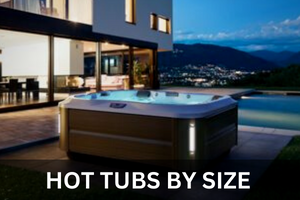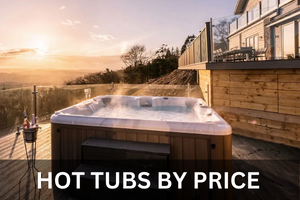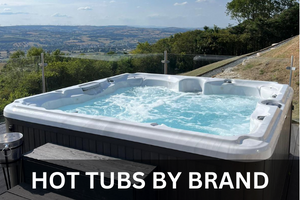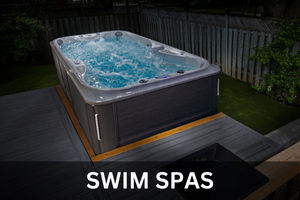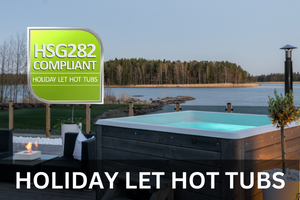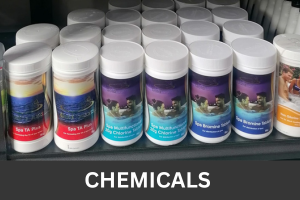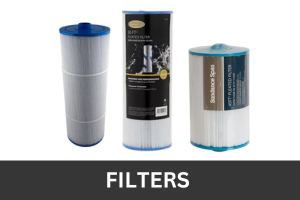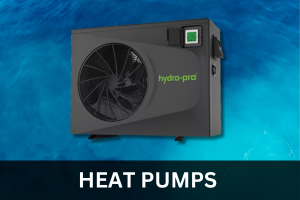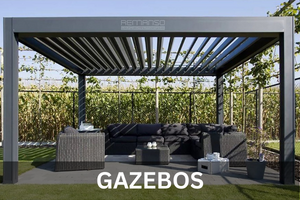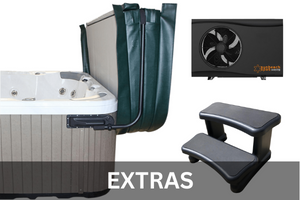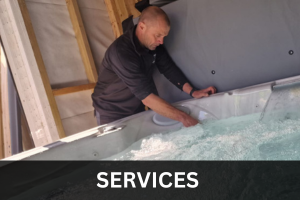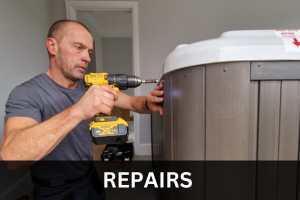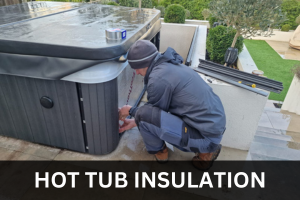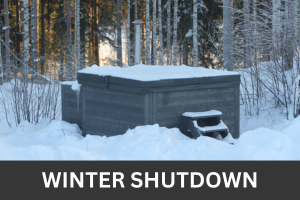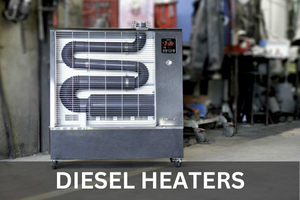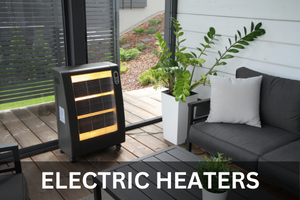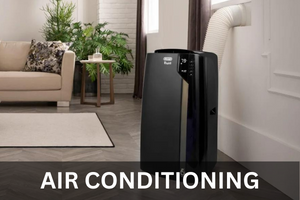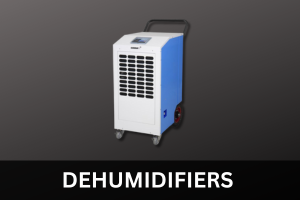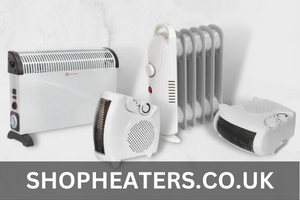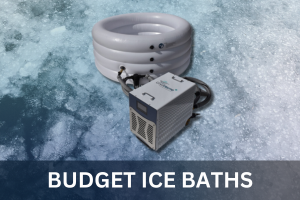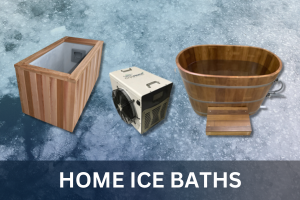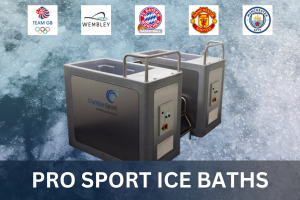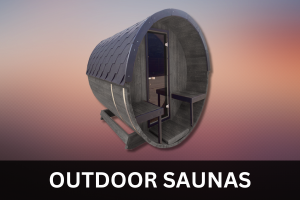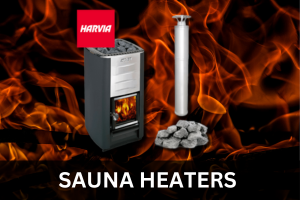Menu
-
- Home
-
Hot Tubs & Swim Spas
-
Chemicals & Filters
-
Services We Offer
- Ice Baths & Saunas
-
Useful Info
-
- 0151 662 0284
- Login

Hot Tubs & Swim Spas
Chemicals & Filters
Services We Offer
Infrared Heaters
Ice Baths & Saunas

iNHEAT 5KW Heat Pump Inverter Pro Black
- Description
- Specification
Start saving money on your hot tub running costs today with an iNHEAT Heat Pump.
iNHEAT Inverter works -15 - +43°C
Brushless DC motor with low noise
Soft Start safety
Boost, Smart, Silent Modes
Easy temperature control with LCD display
Automatic defrost
High efficiency, COP up to 6.46
Cabinet made of ABS
R32 gas, which has a 3x lower GWP (Global Warming Potential) than the R410A
2 year warranty for heat pump, 5 year warranty for compressor and heat exchanger
Winter cover included
Maximum pool volume depending on environmental conditions
Heating Capacity 1.5 - 6.0 kw
Heater Titanium
Wifi Ready ( Optional )
Boost Mode 20% - 100% Output FAST HEAT
Smart Mode 20% - 80% Output STANDARD
Silent Mode 20% - 50% Output NIGHT
Delivery is usually between 3-5 working days if you haven't received your item within this time frame please contact us and one of the team will be happy to look into this for you.

Frequently Asked Questions
-
There are many different factors as to how much a hot tub will cost to run. It depends on the tub you choose, If you choose a higher range model of tub we would estimate that your costs would roughly be £1.20-£1.50 per day, this, however, may be different for different tubs etc. this is because of the quality of the insulation used, helping to retain as much heat as possible. The lower range, we estimate would cost roughly £3.00 per day. These, however, are just estimates. There are many things you can do to keep your hot tub running costs as low as possible. For example, make sure that your hot tub has a cover that fits perfectly, this will help to keep the heat in. If you are going away on holiday or not planning to use the tub for a period of time, we would advise turning the temperature down, this is also a good way for reducing costs. Also, your tub will probably be set at a lower temperature during the summer months than in the winter so your costs may change seasonally.
-
13amp hot tubs are not as powerful as 32amp tubs, meaning that the massage benefits are not as good, having said that a 13amp tub still provides the relaxation benefits due to the warm water. A 13amp hot tub will plug into a regular household socket, which is why they are often referred to as ‘plug and play’ hot tubs. A 32amp hot tub will provide a more powerful hydrotherapy massage experience. 32amp tubs need to have a dedicated electrical supply, which means you need to contact a qualified Electrician to come and do this for you.
-
Most hot tub deliveries are straightforward and can be manoeuvred on a sleigh, sometimes it may be necessary to remove a fence panel between gardens and get it in through a neighbour's garden, and in cases where access is minimal, a crane will be required. We work with a local crane company that will get your hot tub in as safely and efficiently as possible.
-
This depends on how powerful your hot tub heating element is, it also depends on the temperature you want it to be set at, the lower the temperature the less time it will take. Also, if the hot tub is covered with a good fitting heat retaining cover it will take less time to heat up. We would say that it would take anywhere between 8 to 12 hours to heat your hot tub, depending on the ambient temperature also.
-
Keeping your hot tub clean is essential to prolonging the life of your tub. There are different chemicals that you need to do different things. Chlorine or Bromine are both effective at killing bacteria that may occur in the water, Bromine is often used by people who suffer from sensitive skin as it doesn’t cause irritation. We sell a variety of hot tub chemicals and filters in our showroom.
-
Yes you will! When our Engineers deliver your hot tub, they will provide a full installation and tuition service, they will go through the chemicals with you and show you how much to use and when to use them, they will also show you how to test the water to see if it needs more or less of a chemical.
-
When deciding where to place your hot tub there are a number of factors to consider. Like the weight of it, the weight of the tub with water and people in it and the structural foundation of the base you are sitting it on. Ideally, a completely flat and level concrete base would be perfect for positioning your hot tub, but you can also place your tub on decking if you have additional reinforcements in place to support the weight.
-
We would only recommend switching your hot tub off if you are not going to be using it for a long period of time. Turning it on and off all the time is not energy efficient and will cost you more in running costs in the long run. If you are going on holiday for a week or so we would, however, recommend turning the temperature down a few degrees, this will help to keep the tub running efficiently and help to keep your running costs down.
